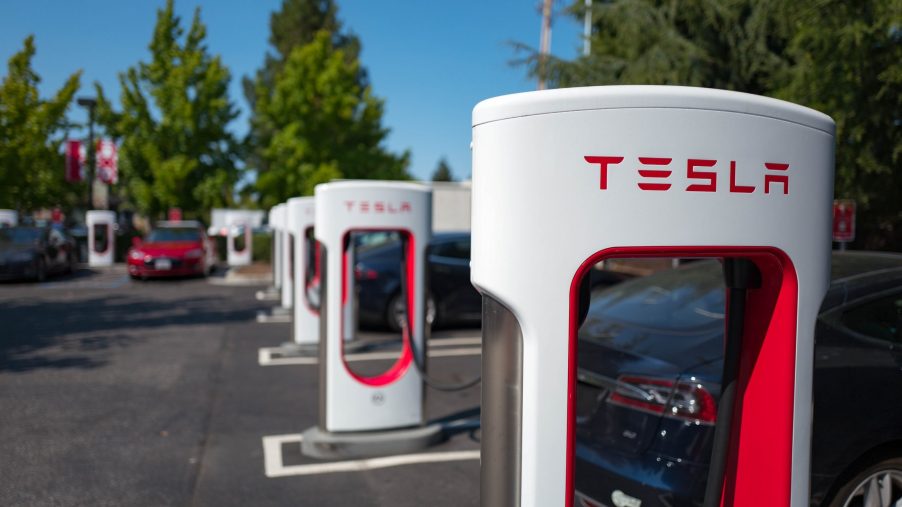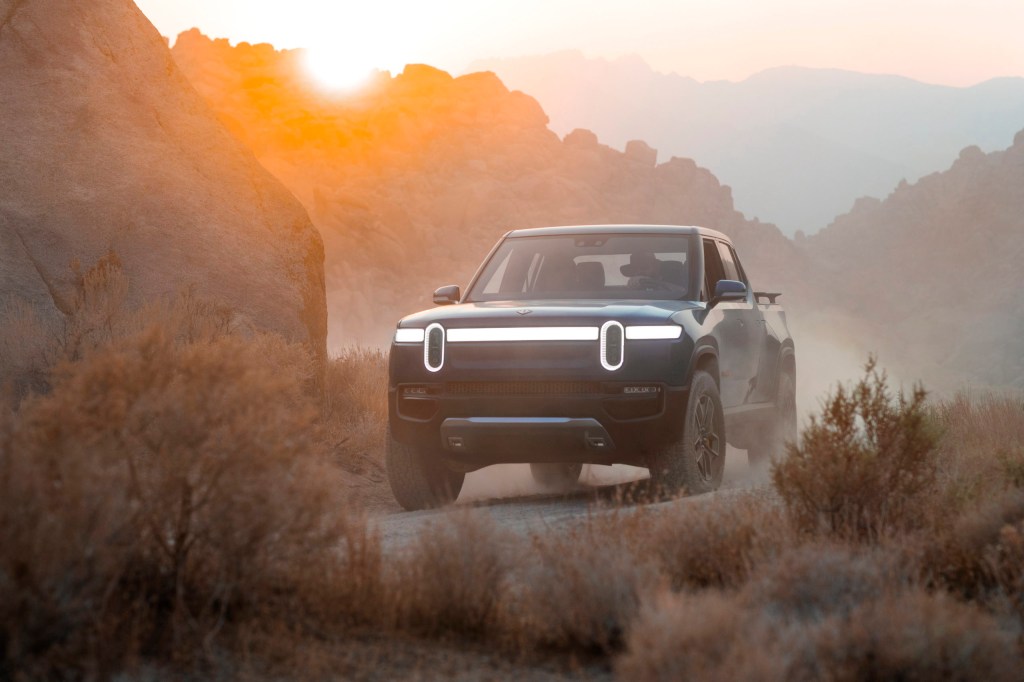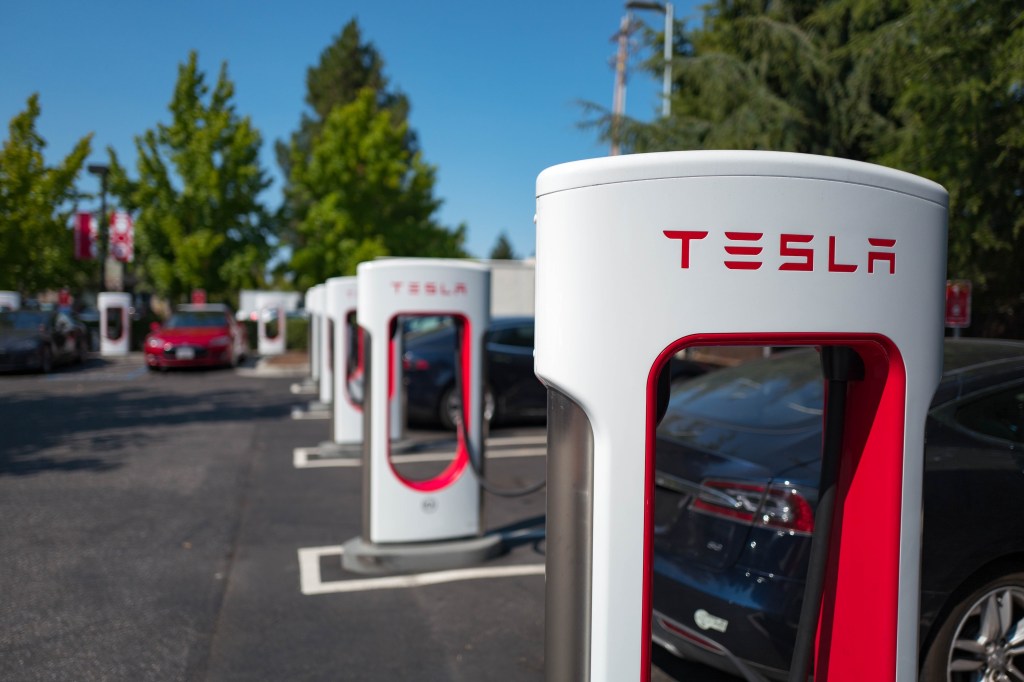
There Is Still 1 Major Reason to Wait to Buy Your First EV
EVs are the future. There is no getting around it. As companies like Rivian and Ford seem to have the electric pickup trucks figured out, range anxiety is quickly melting away, and more affordable EV designs are in the works; it seems silly to think these will not be the majority of cars on the road over the coming years. However, does that mean we should all god buy an EV right now?

You should probably wait to buy your first EV
Moving away from internal combustion engines (ICE) is now not only more possible than ever, but it’s also more trendy than ever. Companies like Rivian, Polestar, and Tesla have turned the EV from a practical solution to the pollution problem into dream cars for many people.
This shift in automotive taste couldn’t have come at a better time. Many major automotive manufacturers and world governments have publicly stated their plans to end the production and sales of new ICE vehicles.
EVs are quickly becoming just as dependable, exciting, and practical as most ICE cars. However, it would still probably be wise to wait to buy your first EV.
Are electric cars hard to own?
Although most EVs now have a 200-mile range, at minimum, the lack of charging ports is still a very real issue for many Americans. Even though California is actively trying to help solve these issues by turning gas stations into electric car charging stations, according to Gear Patrol, there are still only 47,000 public EV charging stations between Canada and the States.
Compare that number to the 168,000 gas stations, and you’ll see how serious the deficit is. Even with that many gas stations, we still see lines forming in certain areas and stretches of highway out west without a gas station for many dozens of miles. Now imagine roughly a quarter of those stations.
To make matters worse, of those 47,000 EV chargers, less than 6,000 of them are fast chargers capable of charging a car in less than an hour. And, 1,000 of the existing chargers will only work for Teslas. So, the truth is that range is far less of a problem than it used to be, but finding a charger is much harder than it might seem when an EV does go flat.
How long does it take to charge an EV?

The time it takes to charge an EV is heavily dependent on the type of charger used. According to Gear Patrol, Most of the public charges out in the world are known as Level 2 chargers. These can bring a dead car to a full charge somewhere between 5 to 12 hours.
These chargers are perfectly fine for homes or parking garages, but the majority of the chargers you see out in the world are these chargers. Having a level 2 EV charger at the grocery store or along the highway is essentially worthless. If, at minimum, these charges can fill a battery in 5 hours, how much can being plugged in for 20 minutes do? On the slower end of that spectrum, 20 minutes or even an hour is nearly worthless.
We have reached a place where the vehicles themselves have gotten good enough to live with every day and even be enjoyable. The problem is our infrastructure has not caught up with the rising demand for this new technology.
So, as new EVs continue to come out and automakers have to charge a small fortune to make the costs of development worthwhile, just sit back and wait for prices to come down and infrastructure to catch up.



